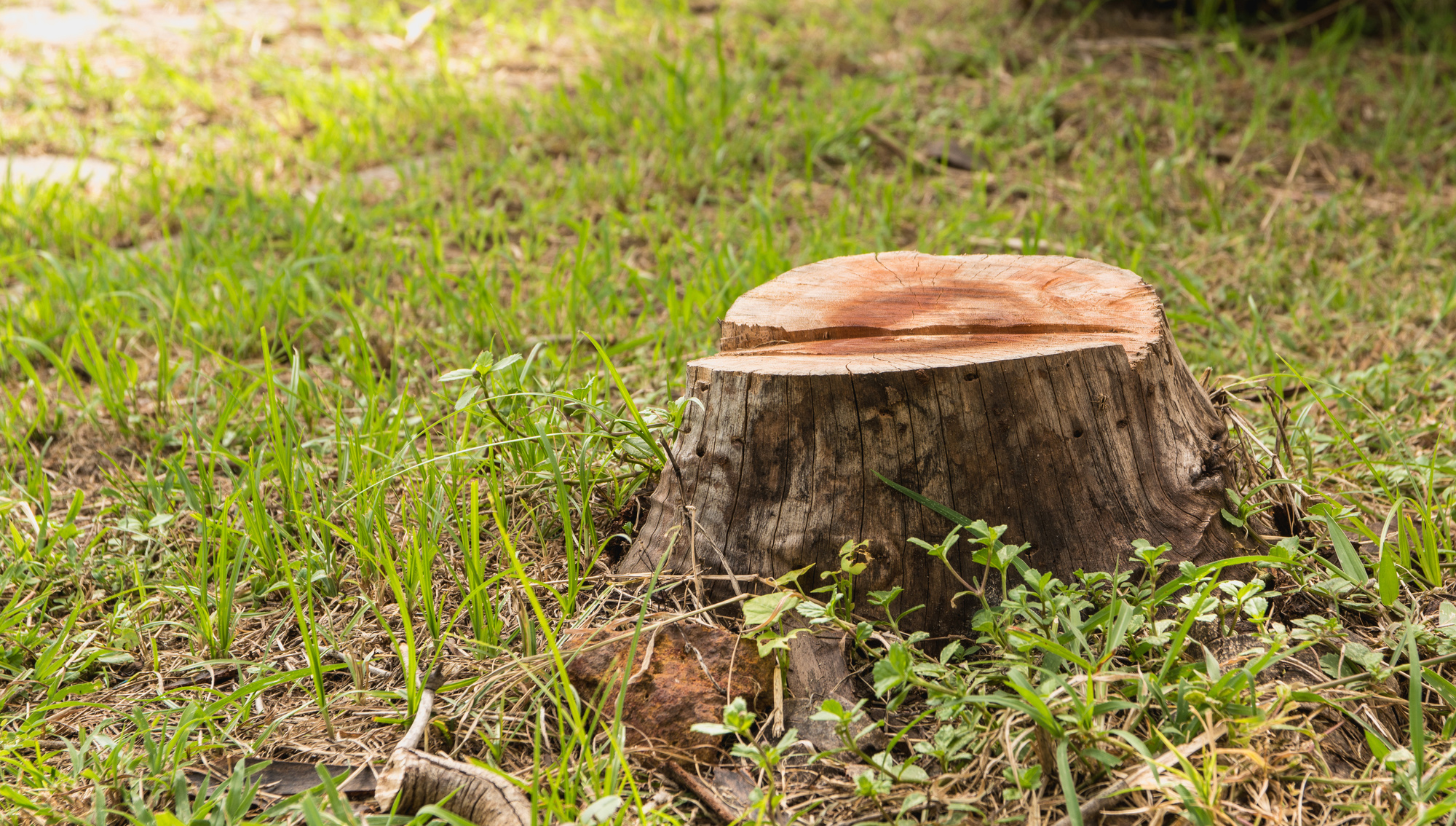A hydroponic system is a type of garden that utilizes mineral nutrient solutions and sometimes would include the use of an inert medium such as perlite, gravel, or expanded clay pellets. A hydroponic system is the method of growing plants without soil by using mineral nutrient solutions in a water solvent. The nutrient solution is usually agitated to promote even distribution of dissolved nutrients to the plant roots. Hydroponics systems can be used at home or in a commercial environment.
Hydroponics is the process of growing plants with mineral nutrient solutions, in water, without soil. There are three basic types of hydroponic systems:
Aeroponics – Growing plants in air, with a fine mist of water to keep the roots moist.
The main advantage is that roots can be exposed directly to air, which helps prevent root rot.
Nutrient film technique (NFT) – Also known as “flood and drain” or “ebb and flow”. Plants are grown in a shallow stream of constantly flowing water containing all mineral nutrients.
The main advantage is that it uses less energy than other hydroponic methods because no pumping is required to move the nutrient solution.
Water culture (deep-water culture) – Plants are grown in a floating hydroponic medium (usually expanded clay pellets), with no exposure to the air.
The main advantage is that the system can be completely enclosed, which helps prevent root rot and insect infestation.
A lot of people are still not aware that hydroponics is a very good way to make plants grow. Hydroponics is the term used to describe growing plants without the use of soil, instead using a medium such as gravel, sand, or vermiculite.
The benefits of using hydroponics are numerous and include:
– Better yield. Plants grown hydroponically have 40 – 50% larger root systems than soil grown plants. These greater root systems provide the plants with more nutrients and water resulting in better quality crops with higher yields and less fertilizer usage.
– Less weeding. Since all the nutrients are dissolved in the water, there is no need for weed control.
– Faster growth. Because of their large root system, plants grown in hydroponic systems can reach maturity up to two weeks faster than those grown in soil.
– Easier pest control. Hydroponic plants don’t have to defend themselves from pests because they aren’t competing for nutrients with the dirt or weeds around them. This means that you don’t need to use pesticides on your crops when you grow them hydroponically.
– Fewer insect problems overall since you won’t be introducing insects into your system by bringing in dirt or other organic matter.



